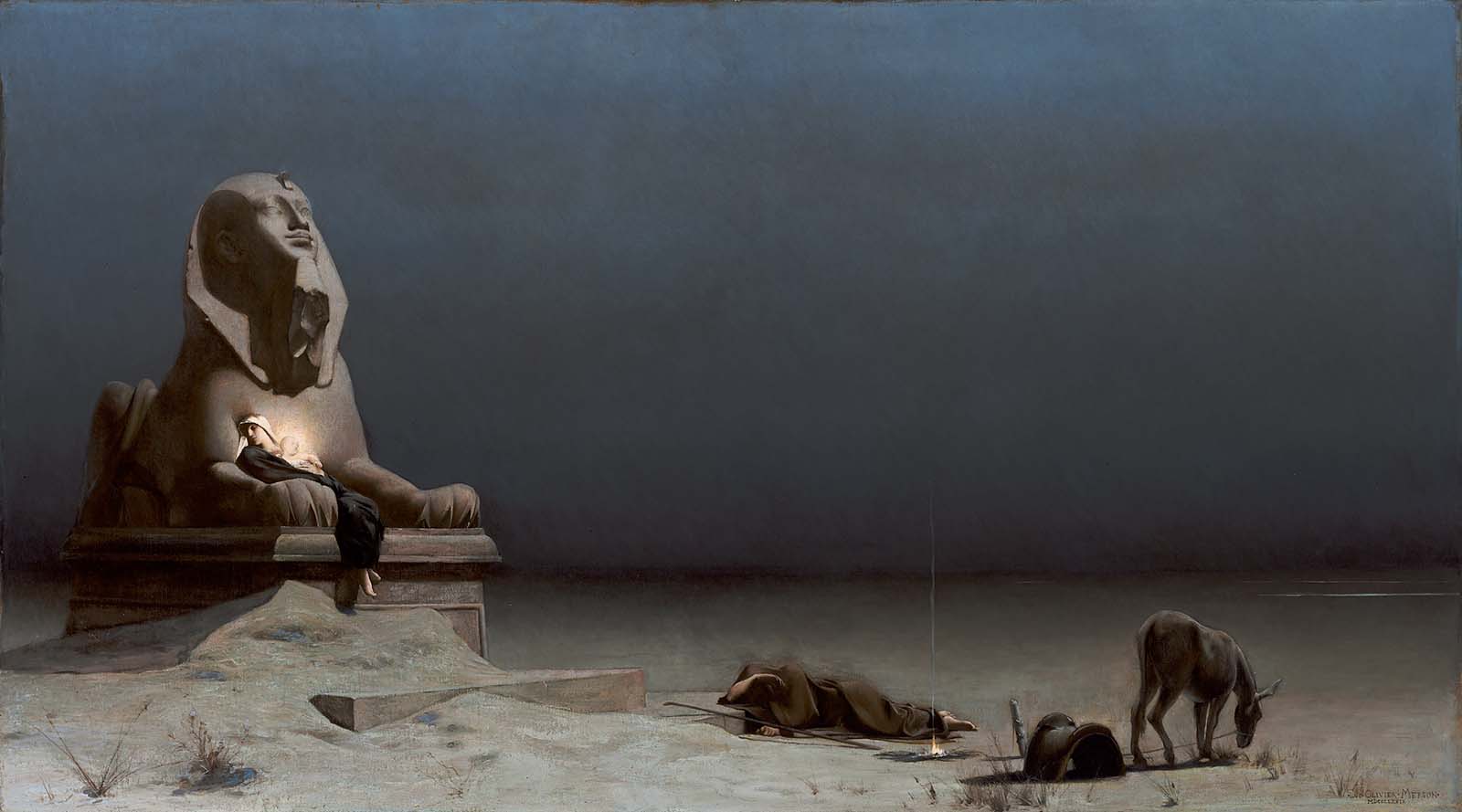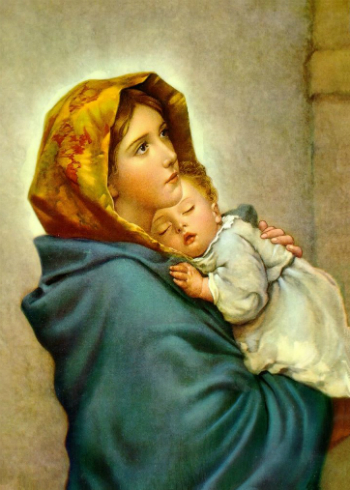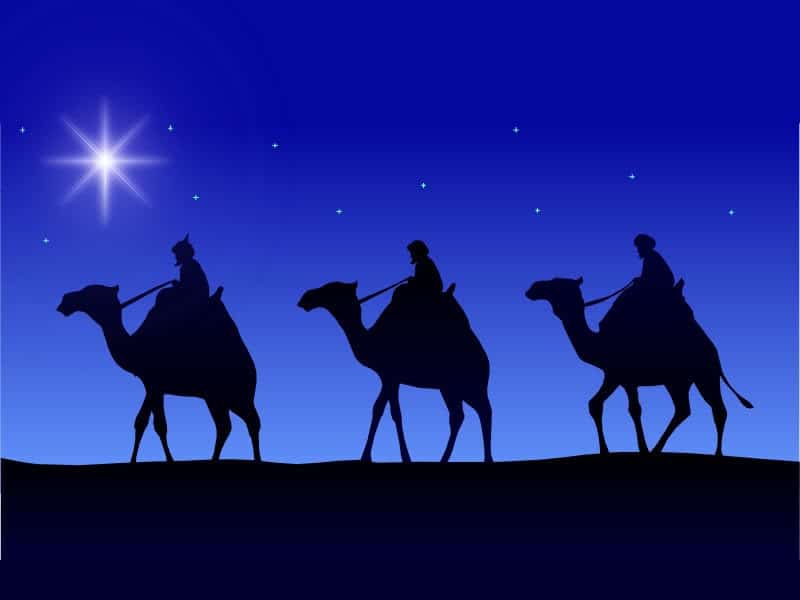Today’s Solemnity of the Holy Family, within the Christmas octave, reminds us that our family is a bedrock of love. We count on them and we know that they count on us. That bedrock also reminds us that we can always count on the love of God as well.
In today’s First Reading Sirach reminds us that we should not take our family for granted. A family is a gift, and our family is our family no matter what they do or don’t do on our behalf. We feel that all too well when we don’t respond to the love shown by our family, or lose a member of our family unexpectedly. We count on our family, and that reliance reflects the reliance we should have on God. When we can’t count on our family, it’s hard for us to count on anything else, even God.
We all know of truly tragic and heart-breaking family situations – divorce, children lost to drugs, squabbles over inheritances, misunderstandings, even betrayals – but even in those situations we don’t lose sight of the ideal Sirach describes: a father and mother set in honor and authority over their children, children revering and praying for their parents, obeying them and caring for them when they grow old, and the blessings God showers on children who do so.
This model of mutual respect, help, and reliance is meant to be reflected in our society as well, so when it’s not lived in the family it’s no surprise that society suffers as a result. Our family is more than what they do or don’t do for us, and more than what they mean or don’t mean to us: they are our family. God’s given them to us, and us to them.
In today’s Second Reading St. Paul reminds us that as believers we are all brothers and sisters in the great family of Our Father thanks to Jesus, and our virtues should show the same love and respect we experience in our own family. We’re made holy by sharing in the life of God, through our Baptism, and we are “beloved” because we have received the gift of life itself, no strings attached. We build our love on that bedrock of divine love by bearing with one another and forgiving each other when grievances come, just as the Lord has forgiven us for all those times we haven’t shown him the love he deserved.
With a spirit of gratitude to God for the gift of life and the gift of his Son we serve and love each other in our family, avoiding bitterness and provocations and disobedience. “Obedience” grates on ears today in a world that’s so obsessed with autonomy and self-reliance, but in a family it means acknowledging the gift God has given us of someone we can rely on. We show gratitude by obeying, and it reminds us that being someone relied on can be a big sacrifice and responsibility as well.
Today’s Gospel (Luke 2:22-40) reminds us that the Holy Family, and every holy family, is centered on Christ. He’s the ultimate bedrock of our love. Simeon was promised by the Holy Spirit that he would see the Messiah before he died. He didn’t know when, he didn’t know how, but when the moment came the Holy Spirit led him to the baby Jesus in the Temple and revealed Jesus to be the Christ. Simeon didn’t just rejoice for his own sake at finally meeting the Messiah, but for all of Israel that had been waiting for him. A whole family of faith built on love for God through love for Christ was being born.
Anna’s married life was short; she spent more of her life as a widow than as a wife, but all those years were full of prayer. Anna spent many years in prayer and expectation, but when the moment came, she didn’t shy away from giving witness as well. She was attentive to the signs of the times, helped by the Holy Spirit, and she saw that the time of redemption was at hand. Both Simeon and Anna remind us that the elderly have a great vocation to prayer and to sharing their wisdom. Who can deny the impact of grandparents and even great aunts and uncles in their lives?
God calls our loved ones to love, and sometimes they (or we) don’t respond to that call. It’s the mystery of human freedom and sin. He calls us to love as well, and when we consider Christ’s example we know our love can’t be tarnished by a lack of love from others. Don’t feel left out in the cold: the Holy Family always has room for you, and the Church is always praying for you. The bedrock of love is always there, and forgiveness, even when a loved one doesn’t show it, is the balm that will bring you peace and consolation. Don’t be afraid to say “I forgive,” and don’t be afraid to say “I’m sorry” either. It’s often the trigger for many people rediscovering that the bedrock of love on which their lives are built. It doesn’t mean that you’ll forget, and many times it doesn’t mean that what happened will hurt any less, but it will give you a peace that the world can’t give.
Readings: Sirach 3:2–6, 12–14; Colossians 3:12–21; Luke 2:22–40.





